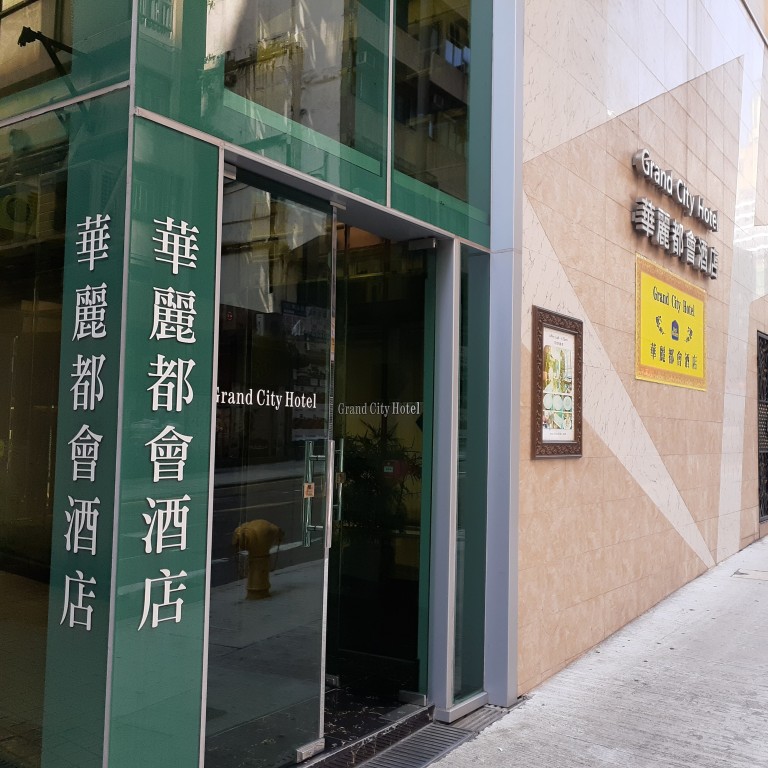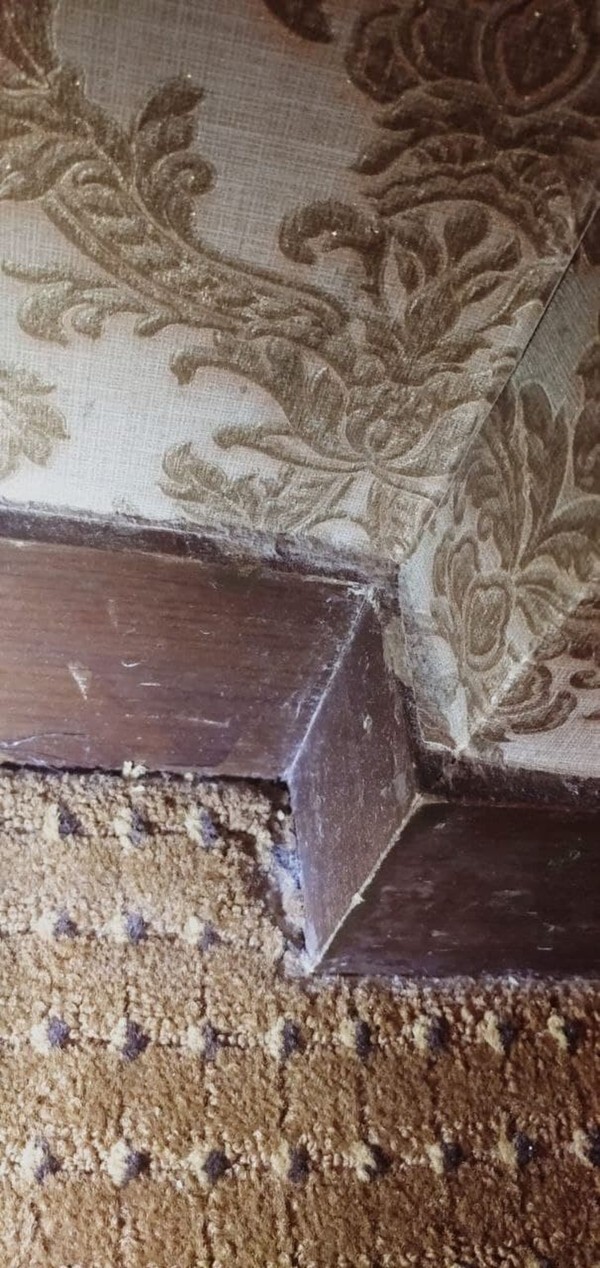
Hong Kong quarantine woes: Singaporean traveller with epilepsy sent to hospital after hotel staff find him having seizure
- Epileptic traveller with food allergy says he fell ill after hotel did not heed request for nut-free meals
- Dangerous for people with allergies to be alone in hotel room for so long, says specialist
He woke up in an ambulance and spent a day at Queen Mary Hospital. A note from the doctor, seen by the Post, said his seizure was “likely precipitated by inadvertent consumption of peanut-related products”.
Gym-goers accuse Hong Kong officials of botching quarantine process
Jay, who works in risk management and has an office in Hong Kong, said the hotel maintained it did not receive a message he sent about his allergy a week before arriving.
He used a third-party website from Singapore to book his hotel at HK$580 a night, and showed the Post the booking confirmation with the note about his allergy.
He said that after checking in on October 2, he called numerous times over 48 hours to confirm that the hotel was aware of his allergy, but could not get through to anyone.
He tried asking staff members who delivered his meals, but they told him to call reception.
He said he ate very little of the catered food, largely subsisting instead on energy bars and glucose water. He said that when he tried ordering meals, it took two hours and the food arrived cold.
“I didn’t have proper food for the first 40 hours. As an epileptic, I need to consume food at the right time and I can’t go hungry,” he said.

Dr Adrian Wu Yong-yuen, an allergy and immunology specialist, said epileptic seizures triggered by nut allergies were rare, but urged hotel operators to take their guests’ food sensitivities seriously.
“It’s very dangerous for a person with known allergies or diagnosed with a severe illness to be left alone in a quarantine hotel for up to three weeks, especially if they cannot have immediate access to medical help in case of an emergency,” he said.
“It could really cost a life since no one is regularly checking on the guests, and no one is allowed into the guest’s room during quarantine.”
Jay also complained about the state of his room. Besides mould, dust and ants, he also found used tissues, sweet wrappers, hair pins and used disposable chopsticks.
Complaints about unsatisfactory conditions in quarantine hotels emerge almost every day on Facebook pages such as Hong Kong Quarantine Support Group.
Quarantined travellers in Hong Kong shocked by filthy hotel rooms
Travellers arriving up until November 30 have a choice of 36 government-approved quarantine hotels. The list will be expanded to 40 hotels from December 1 to February 28.
Five of them, including the Grand City Hotel where Jay stayed, are run by Magnificent Hotel Investments Limited.
Group general manager Thomas Ng told the Post it would “continue to improve its services for all guests” and remind its caterers to take note of specific dietary needs.
He said each of the group’s hotels had more than 100 employees dedicated to serving the needs of quarantine guests.
“We always clean the rooms when guests leave, including the walls and ventilation outlets,” he said, adding that all rooms were also inspected before new guests moved in.
As for the mould, Ng said most guests left their windows open for fresh air, and the humidity caused mould to appear on the wallpaper, ceiling, curtains and metal surfaces.

The Food and Health Bureau told the Post the performance of individual hotels was taken into account in deciding whether to keep them on the list.
A bureau spokesman said hotels had to ensure the rooms were “hygienic, clean and tidy” before quarantine guests checked in. If a room was not in suitable condition, the hotel must change the guest’s room after being notified by the Department of Health.
Of the 188 imported Covid-19 infections from June to August, 101 were detected at Hong Kong International Airport, with the remaining 87 picked up during hotel quarantine, according to the Department of Health.
Of those detected in quarantine, 77 were found on the guest’s third day of isolation, eight were uncovered between the fifth and 12th day, and two were caught on the 19th day.
Hong Kong adds 1,500 quarantine hotel rooms ahead of Christmas holidays
Jay, meanwhile, had to stay at Grand City Hotel until his quarantine ended on October 16.
While he was in hospital, he asked the Department of Health for a change of hotel, but was sent back to the same one, though he was moved to a suite that was in better condition than his first room.
He added he had “zero confidence” in the hotel as far as his meals were concerned, saying it kept sending him vegetarian meals with nuts.
He ultimately had to turn to his friends, who sent him food and checked on him regularly. He said he lost 5kg over two weeks.
“The whole experience of quarantine gave me a lot of stress,” he said.
* Name changed at interviewee’s request


